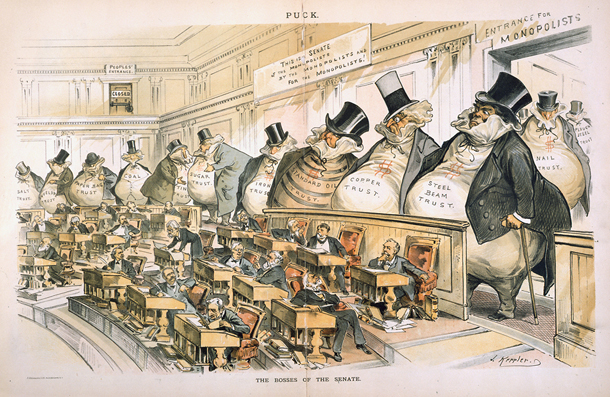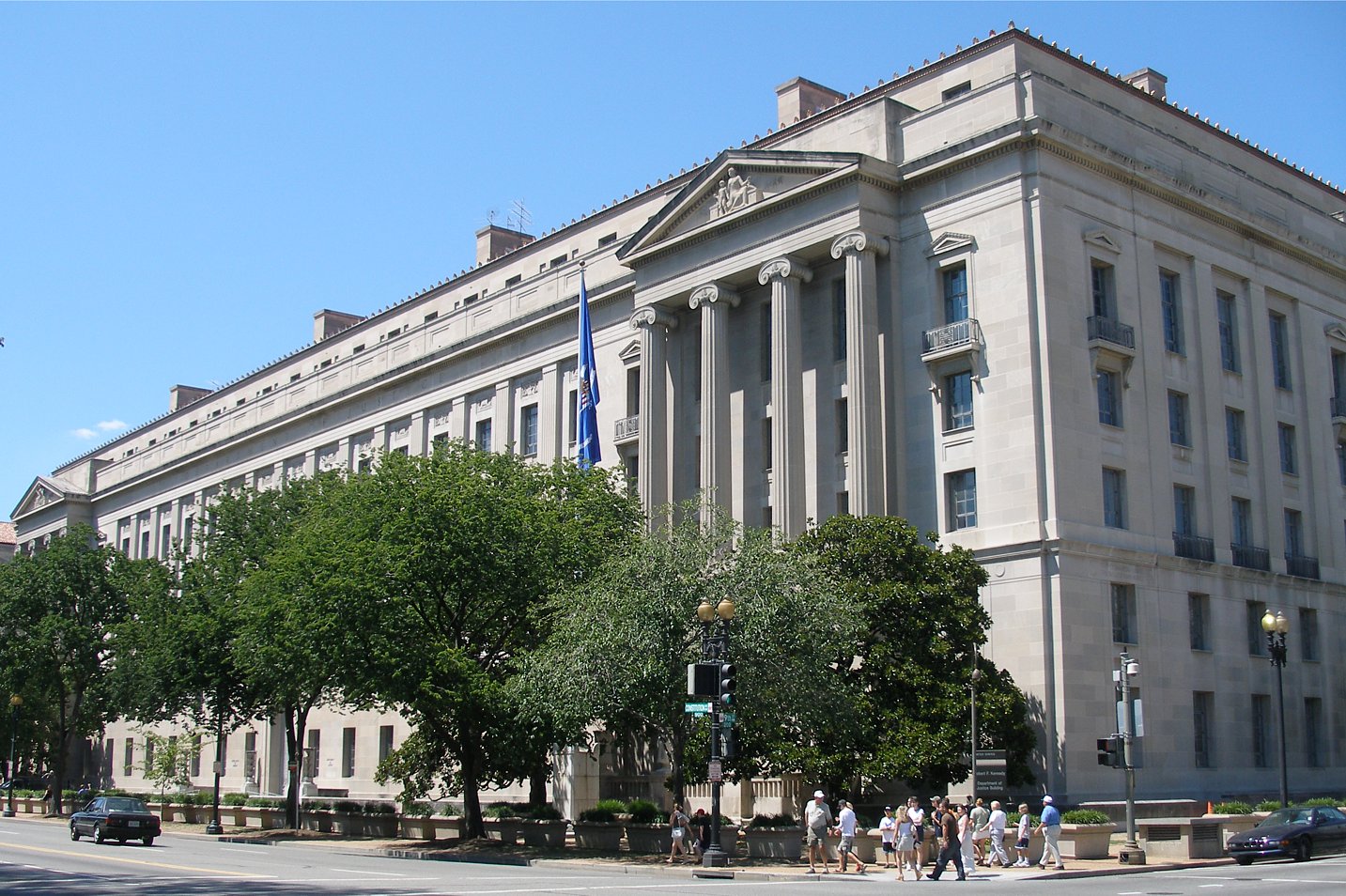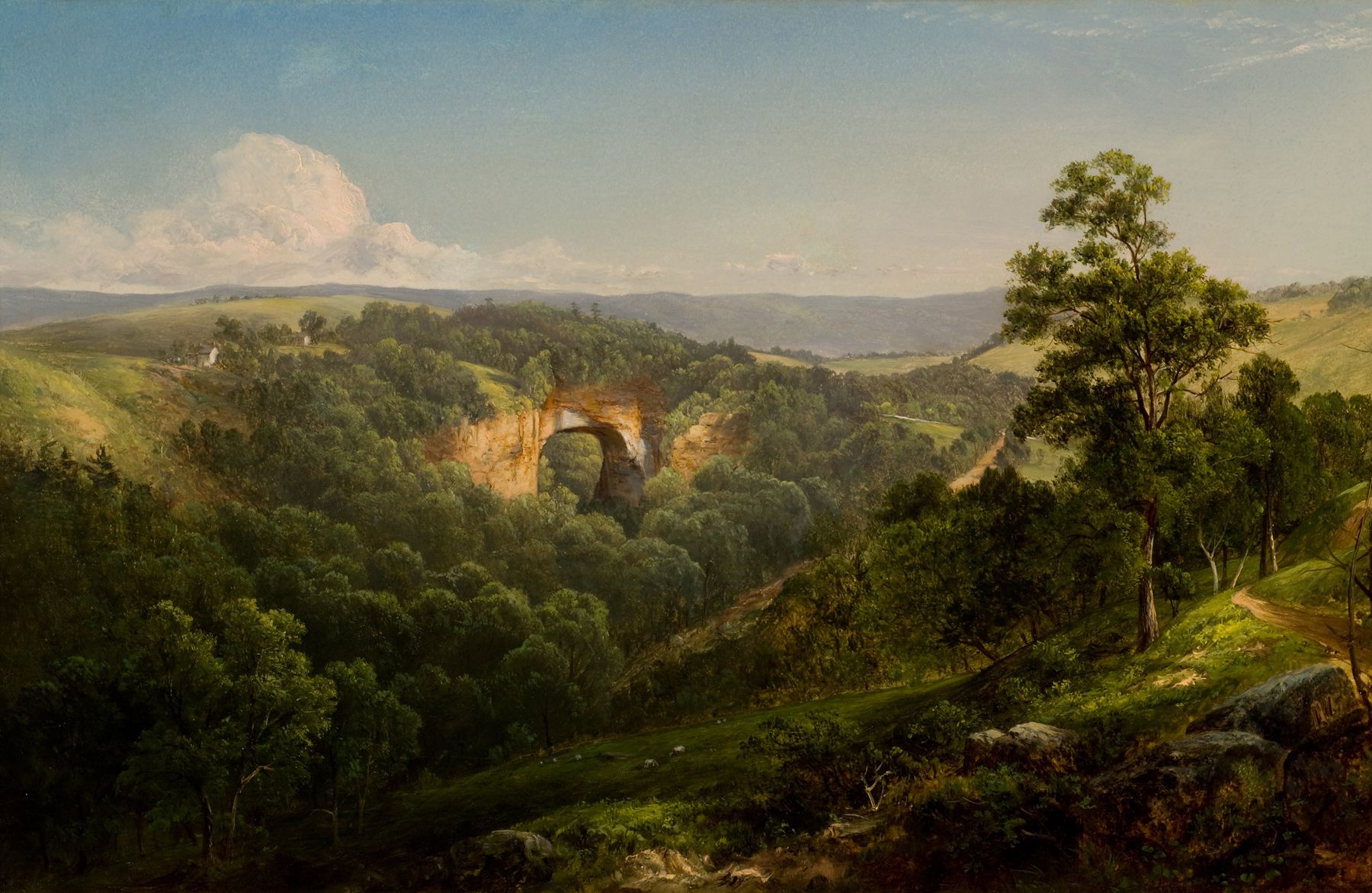
“The Bosses of the Senate”, a cartoon by Joseph Keppler depicting corporate interests—from steel, copper, oil, iron, sugar, tin, and coal to paper bags, envelopes, and salt—as giant money bags looming over the tiny senators at their desks in the Chamber of the United States Senate. CLICK ON IMAGE
#BigAcademia
To carry out our mission to make education facilities safer, simpler, lower-cost and longer-lasting we are sensitive to the mission of all market actors in this (nearly) half-trillion (and largely, non-profit) space. Standards Michigan is a for-profit, limited liability corporation with an evolving business model that seeks to apply any tool — and invent one — to accomplish its objective. With its origin and inspiration from a University of Michigan business and finance enterprise in 1993; we are skilled in asserting the user-interest in the global standards system and have a solid and verifiable track record of success making safe and sustainable cost reductions possible. See our ABOUT.
Staying in business means staying in your lane and being sensitive to competitors who can become collaborators on specific issues. The collaboration may not last long, or be very limited in scope, but it is a credit to the global standards system that a framework for collaboration and competition is generally fixed and honored in the courts.
The education industry is a discoverer and promulgator of new knowledge. It has a social obligation to contribute to the culture of collegiality to transfer to every nation’s youth as inherited wisdom. Simultaneous competition and collaboration opens onto a minefield of sensitivities, however.
We frequently refer to incumbent stakeholders, or “verticals” when we frame public commenting opportunities presented by standards developing organizations (SDOs) of any configuration (accredited, consortia, or open source). We have a search algorithm that runs continuously and picks up commenting opportunities by SDO’s twice a day. Several times a year we update our list of education industry trade associations; most of them not standards developers*. These trade associations have constraints; the need to tip-toe around the laws that regulate their activity.
So do trade associations aligned with the academic side of the education industry, as can be observed in the December 2019 case U.S. v. National Association for College Admission Counseling. Perspective on this case appears in an article written by a partner in the first name in US standards law Gesmer Updegrove‘s blog: CONSORTIUMINFO.ORG
Antitrust Regulators Turn Attention to Standards Organizations
Russ Schlossbach | March 25, 2020

Along with the Federal Trade Commission the Department of Justice in Washington, D.C. is the public enforcer of antitrust law.
* The education industry trade associations that are ANSI standards developers are the direct result of University of Michigan facility operations catalyzing balance in leading practice discovery. The primary example is Total Cost of Ownership standard developed by APPA Leadership in Education.
LEARN MORE:





















